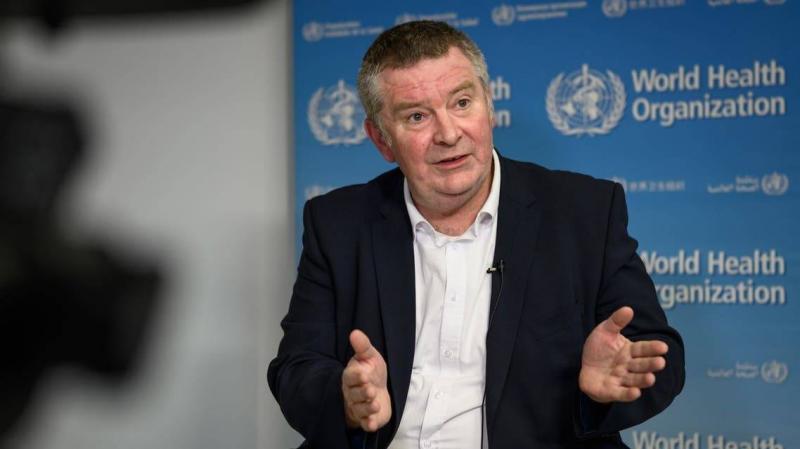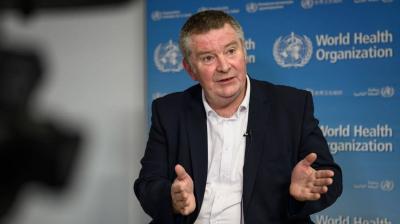Under the title "Finally.. An Optimistic Statement Long Awaited from WHO About COVID-19," the Al Arabiya website reported that after two years on the front lines against the COVID-19 pandemic, Mike Ryan, the Executive Director of the World Health Organization’s Health Emergencies Program, continues to express optimism, affirming that humanity will alter its course and take necessary measures to curb the virus. However, Ryan acknowledges that the crisis could worsen as the Omicron variant seems capable of sharply increasing COVID-19 infection rates and filling hospitals. The world may also face new, more dangerous variants that could lead, through successive waves, to the collapse of health systems. Ryan stated in a recent interview with Agence France-Presse: "It's a possible future if we don’t handle the virus correctly." Yet he added, "I don’t see that scenario now. I see a better future." The 56-year-old epidemiologist and former surgeon estimates that if "we take health measures seriously, and vaccination coverage increases," it will be possible to overcome the pandemic. While it is unlikely that the SARS-CoV-2 virus will disappear, Ryan believes it may become just another chronic respiratory virus, like the flu.
However, this optimistic perspective seems to contradict the nature of the situation on the ground. The pandemic has claimed the lives of 5.3 million people worldwide, but the actual number could be three to four times higher. High infection waves caused by the Omicron variant do not fundamentally change the data, according to Mike Ryan, who clarified: "We were facing difficulties long before Omicron." Those who say otherwise "use it (the variant) as an excuse," pointing to inequalities in vaccine distribution, the politicization of the pandemic, widespread misinformation, and the premature lifting of health restrictions that all contributed to the spread of the Delta variant. However, he believes the world can change course, noting the "remarkable resilience" of communities, the dedicated service of health workers, and unprecedented scientific collaboration since the onset of the pandemic, which has caused the worst health crisis in a century. Ryan said, "I am very optimistic about what we can achieve collectively." As a result, Ryan's colleagues have characterized him as "overly optimistic," a trait that has been associated with him since he took on the role of Executive Director of the WHO's emergency program in 2019, shortly before the outbreak of the pandemic.
The World Health Organization found itself in the eye of the storm and faced criticism for its slow response and mistakes in assessment, but it was also a scapegoat for some political authorities overwhelmed by events. Mike Ryan, who was often seen alongside WHO Director-General Tedros Adhanom Ghebreyesus, one of the leading faces in the organization's battle against the pandemic, acknowledged, "It was difficult at times. We have received some slaps," but "that’s part of the job." The hardest part for "the general," a title given to him by Ghebreyesus, is the impact on the families of WHO experts who work tirelessly. He has only seen his three children, who live in Ireland, four times in two years. He said, "It’s tough," but added that it pales in comparison to what health workers on the ground are experiencing. Ryan, who has spent much of the last quarter-century fighting epidemics like Ebola, cholera, and polio, stated, "There’s nothing more exhausting and stressful than being on the front lines of a pandemic."
Ryan’s perspective on life changed in Iraq in 1990 when he was taken hostage during the Gulf War and underwent surgery with a gun pointed at his head. He recounted, "I was a hostage in Iraq and (...) I thought on many occasions that my life was over. And now, I often consider that I am living an extra blessing." His field experience has benefited his current work, helping him develop "the ability to manage the pressures imposed by emergencies." On the other hand, there is one thing his field experience did not prepare him for—and that is politics. He clarified: "I am not a natural politician (...) but I am learning, and I have become a better diplomat after these past few years."




